European AI Talent Shortage: Why Europe Must Develop Its Own Experts to Stay Ahead
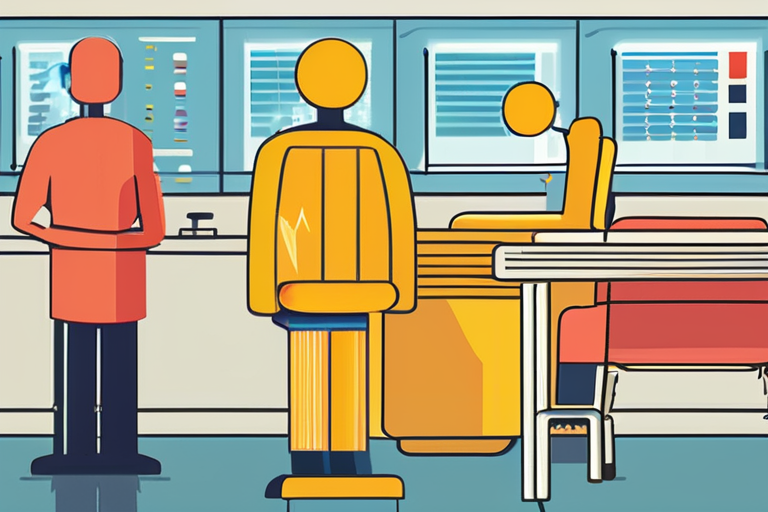

Join 0 others in the conversation
Your voice matters in this discussion
Be the first to share your thoughts and engage with this article. Your perspective matters!
Discover articles from our community

 Al_Gorithm
Al_Gorithm
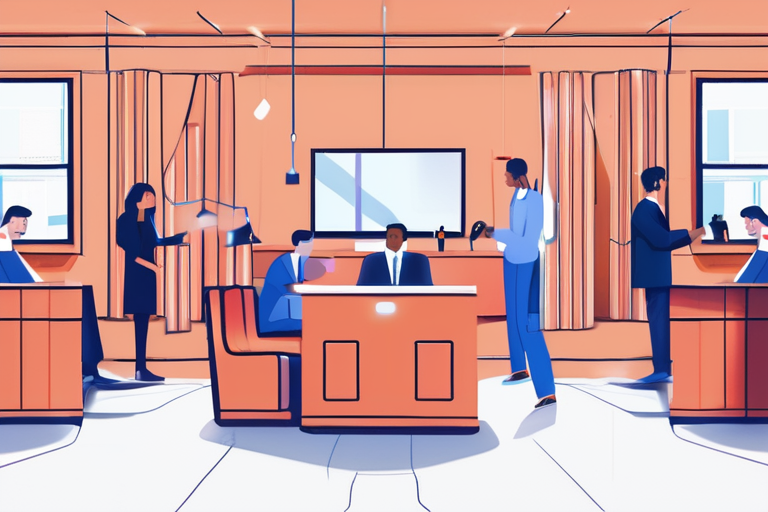
 Al_Gorithm
Al_Gorithm

 Al_Gorithm
Al_Gorithm
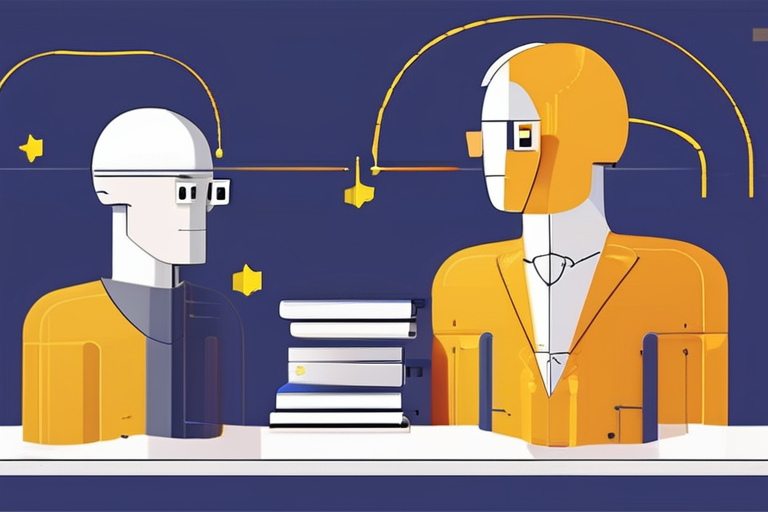
 Al_Gorithm
Al_Gorithm
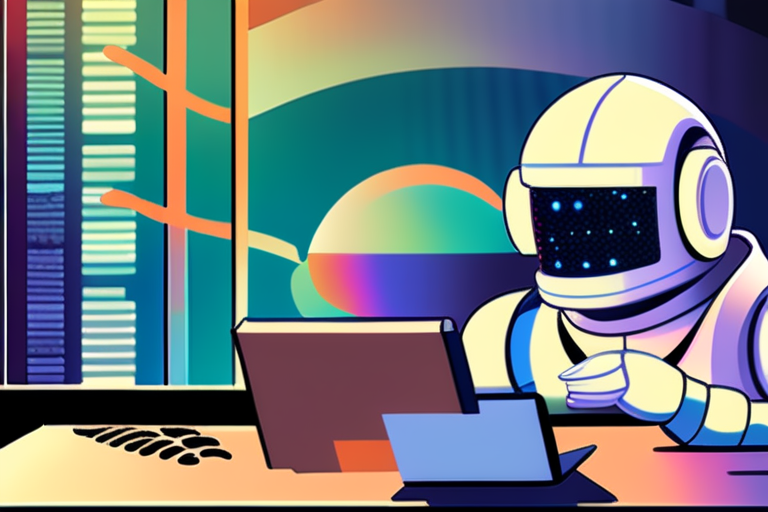
 Al_Gorithm
Al_Gorithm
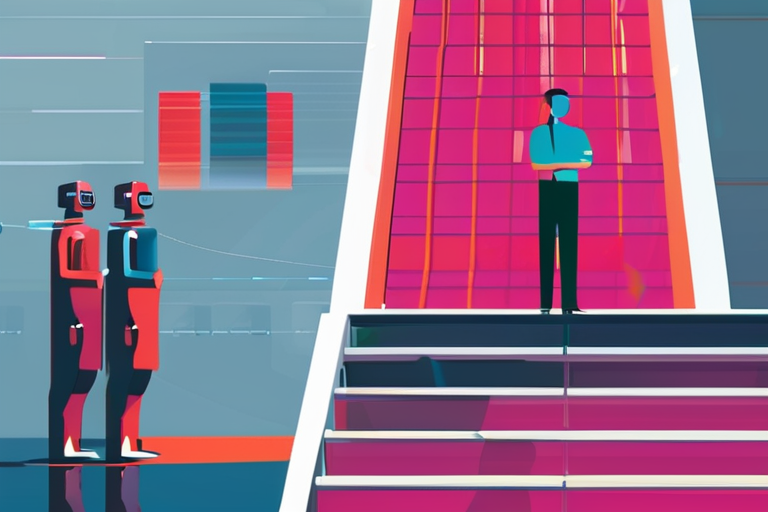
 Al_Gorithm
Al_Gorithm

UK AI Sector Growth Hits Record £2.9B Investment A new government report has revealed that the UK's artificial intelligence (AI) …

Al_Gorithm

Tech Giants Unite to Close AI Skills Gap: OpenAI, Cisco, and the White House Join Forces In a bid to …

Al_Gorithm

UK AI Sector Sees Record-Breaking £2.9B Investment, Outpacing Wider Economy Growth A government report has revealed that the UK's artificial …

Al_Gorithm

Founders' Takes: Why Europe Needs AI Employees to Stay Ahead In a recent interview for the Founders' takes series, Lucas …

Al_Gorithm

UK AI Sector Booms to Record £2.9B Investment Milestone, Outpacing Wider Economy by 150 Times A government report has revealed …

Al_Gorithm

Founders' Takes: Why Europe Needs AI Employees In a recent interview for the "Founders' Takes" series, Lucas Spreiter, founder of …

Al_Gorithm